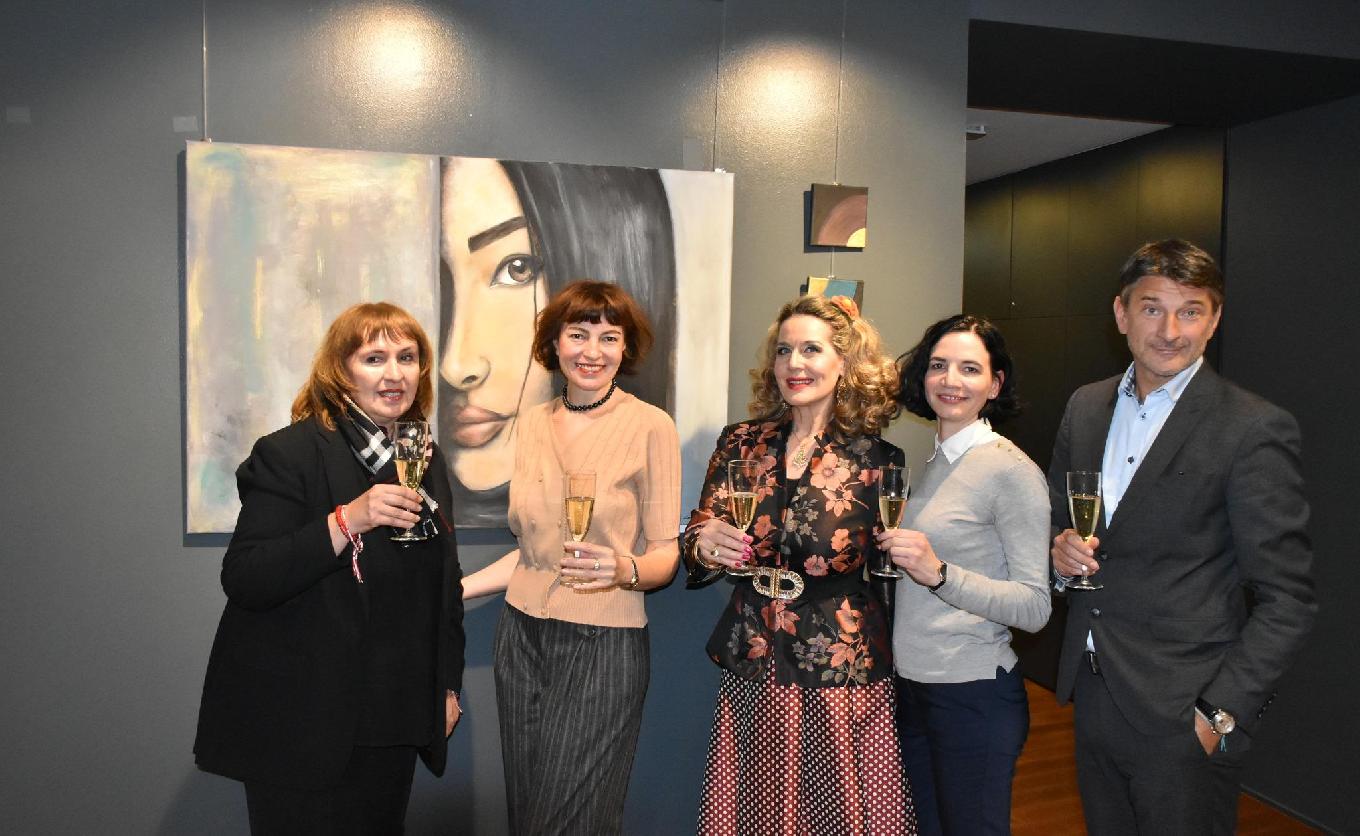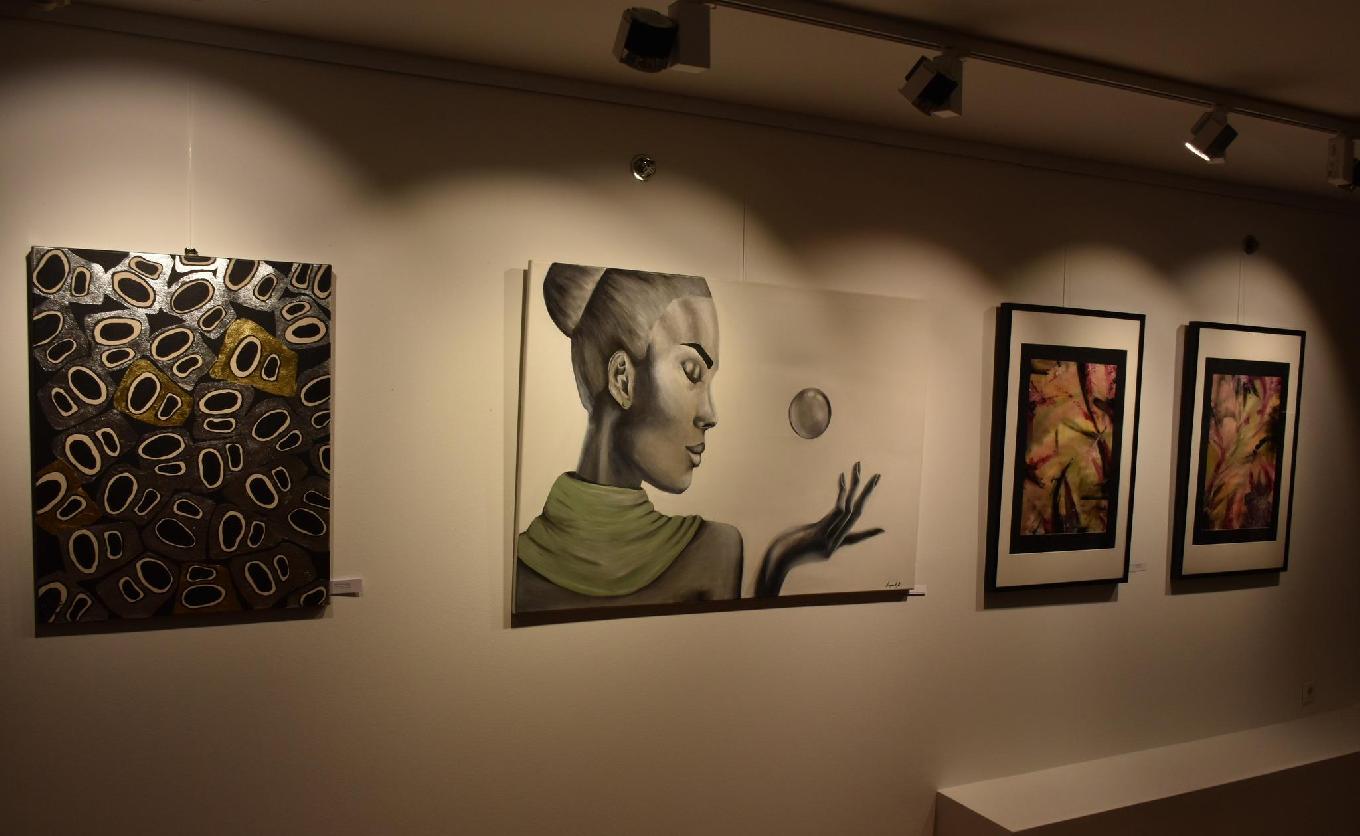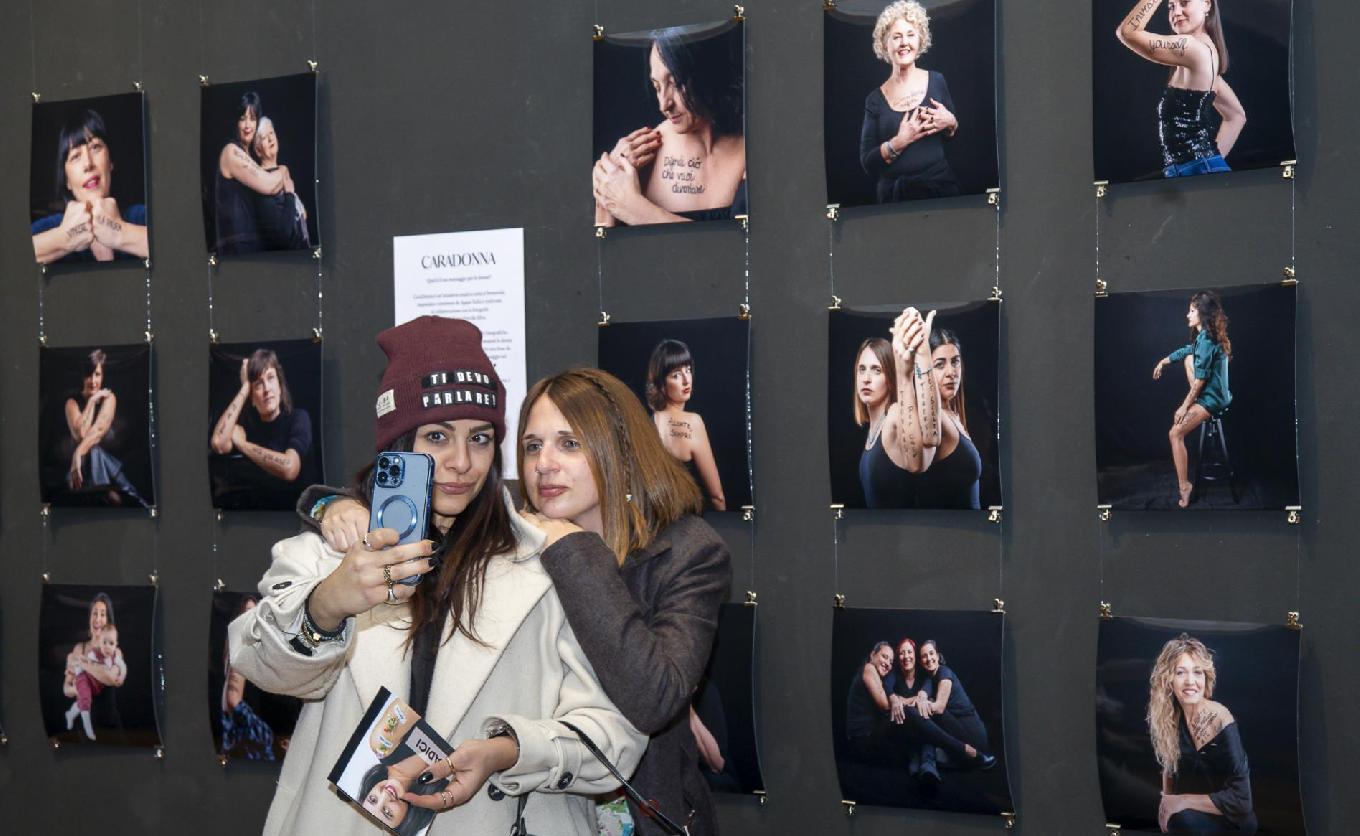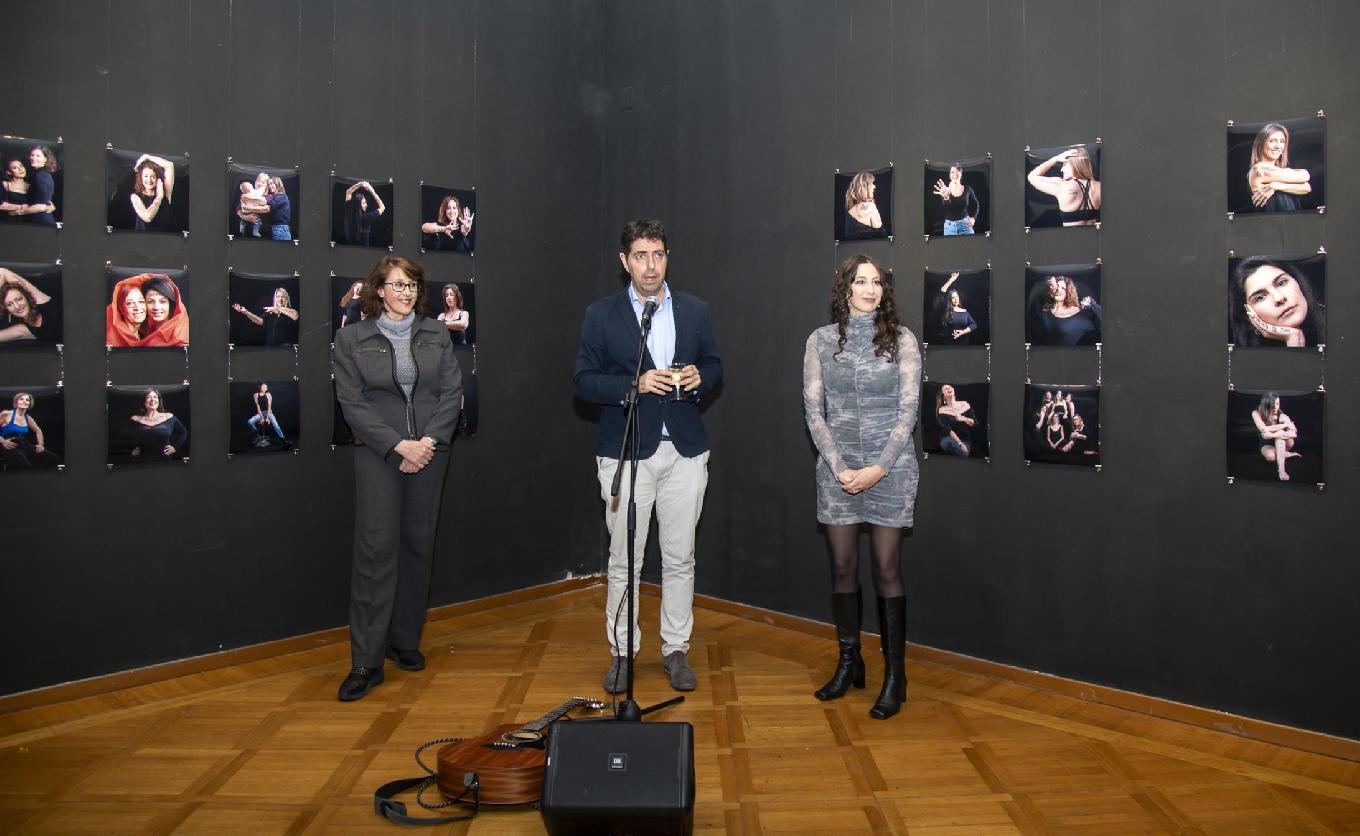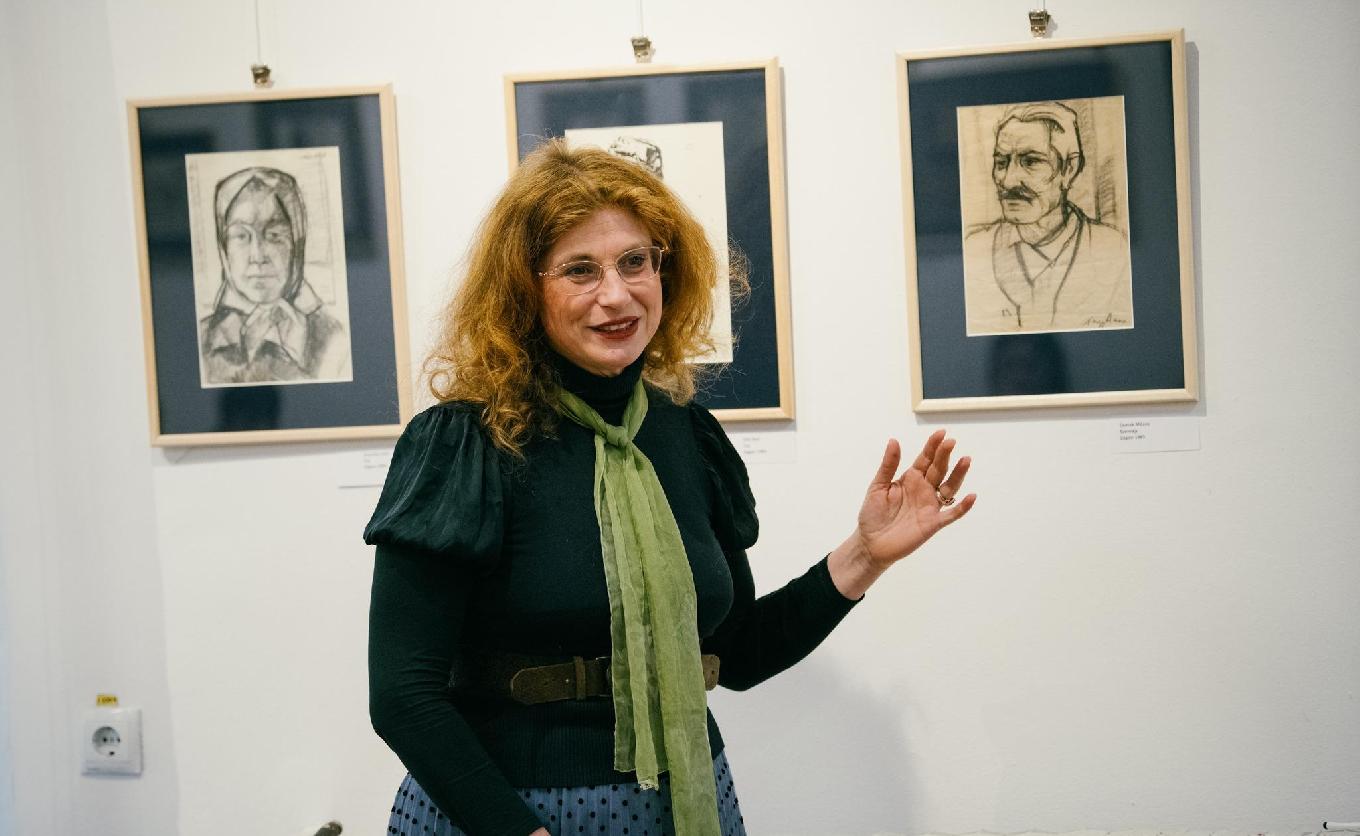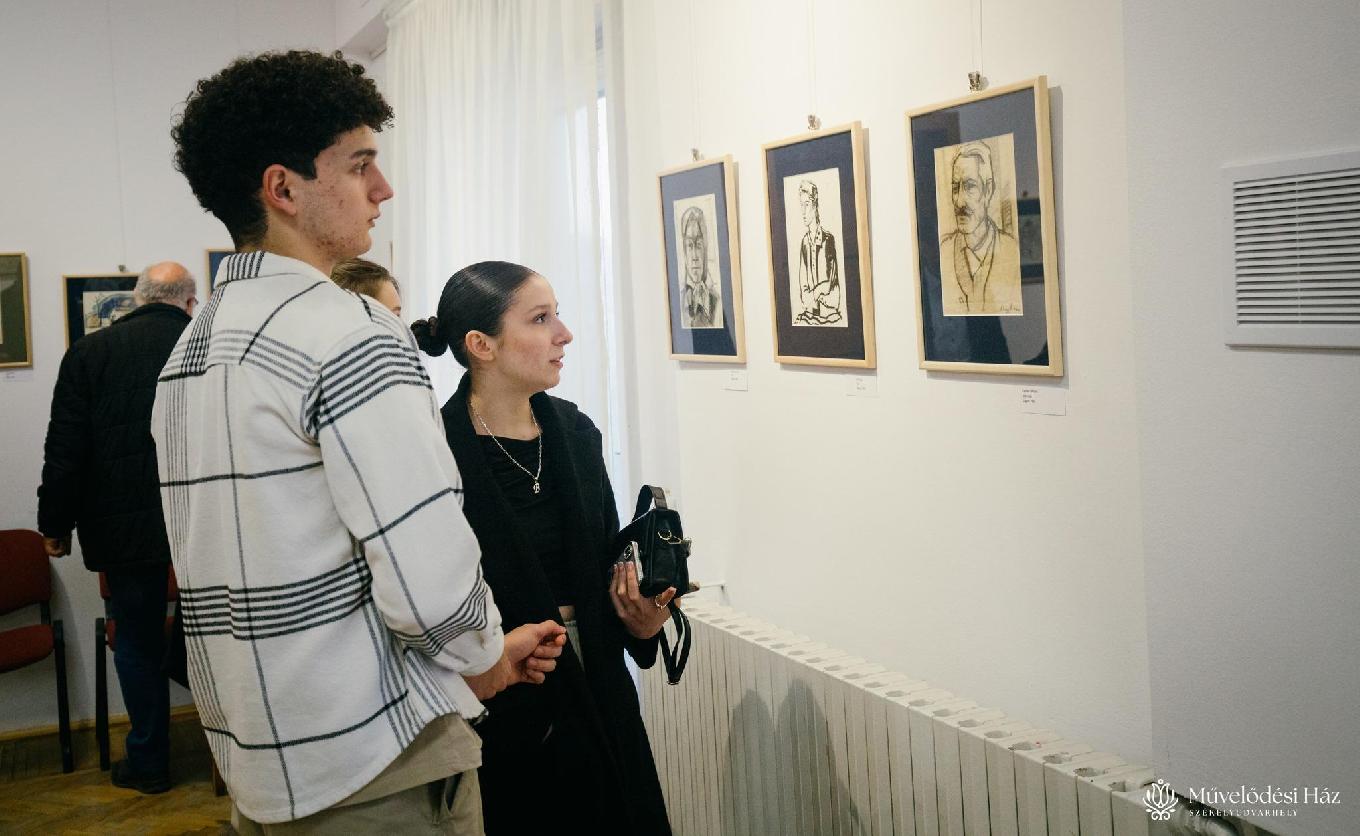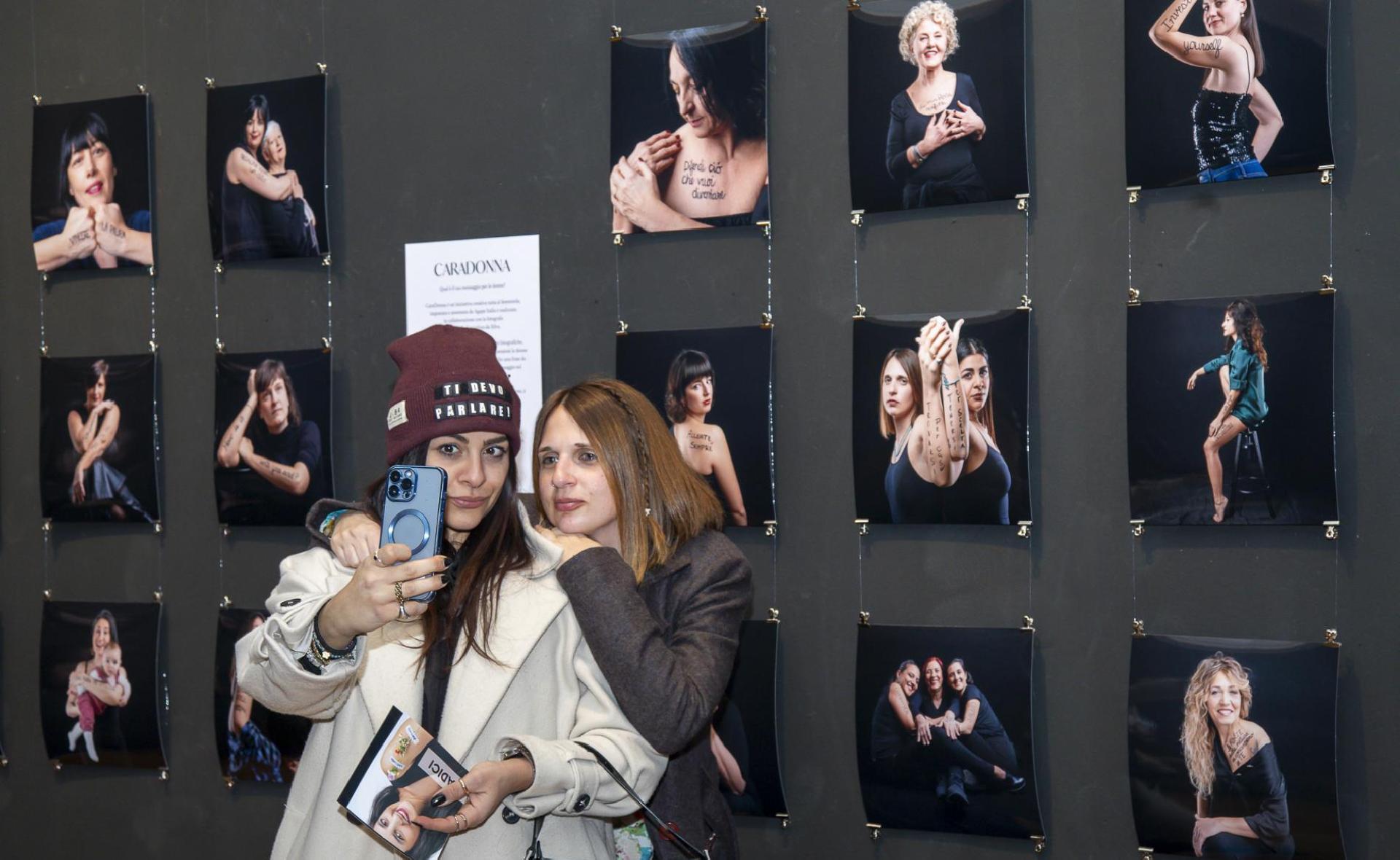
International Women's Day at the Liszt Institutes
International Women's Day is a day of women's equality and human rights, celebrated every year on 8 March since 1917. Women's Day, according to its creators, is a day of simple yet history-making women, commemorating centuries of women's struggles for equal rights and opportunities. The Liszt Institutes commemorated the day with a round table discussion, academic lectures, exhibitions and an educational quiz.
In Russia, International Women's Day, which is also a public holiday, is celebrated on 8 March. To mark the occasion, the Liszt Institute Moscow presented a series of articles on five famous Hungarian women public figures between 4 and 8 March. Every day, the followers of the Institute's social media pages were able to read about a great woman who contributed to the development of Hungarian culture in science and sport. They could learn about the Nobel Prize winner Katalin Karikó, Hungarian-American research biologist, recipient of the Hungarian Order of St. Stephen and Széchenyi Prize, a biochemist who pioneered the development of synthetic mRNA-based vaccines. Another outstanding example is Judith Polgár, Hungarian chess player and international grandmaster, eight-time chess Olympian in the open category, winner of the Hungarian Order of St. Stephen, who has been awarded the Women's Chess Oscar seven times, including the Oscar for the female chess player of the century. They could also find information about Katinka Hosszú, three-time Olympic, nine-time World and 15-time European champion Hungarian swimmer and the first competitor to hold the world record in all five medley swimming events at the same time. The online visitors were also able to read about Hungarian clothing designer Szandra Sándor, founder and creative director of the Nanushka brand. The Nanushka brand is also very popular in Russia. Besides, readers were able to discover the Hungarian fashion model Barbara Palvin, who won the Fashion Awards Hungary Model of the Year in 2011 and 2012. In 2019, she became the first Hungarian to become an official Victoria's Secret Angel, the brand's official model. After the presentation of famous Hungarian women, the readers' newly acquired knowledge was confirmed through a quiz game and a playlist of songs by famous Hungarian female performers.
To celebrate the International Women's Day, the Liszt Institute Brussels organised a complex Women's Day programme. First, a round table discussion was held on the role of women in science, with the aim of encouraging young girls to choose a career in science. Representing the EU Presidency trio, the panel included Spanish, Belgian and Hungarian scientists Julia Ramos González (Spain), postdoctoral fellow at the Fonds de la Recherche Scientifique - FNRS at the Institute for Mathematical and Physical Research, Shoshana Wodak (Belgium), guest team leader at the VIB-VUB Centre for Structural Biology at the Flemish Open University in Brussels and Andrea Fekete (Hungary), a paediatric specialist at the 1st Faculty of Medicine at Semmelweis University Department of Paediatrics. The opening speech was delivered by Dr. Katalin Molnár Ambassador Extraordinary and Plenipotentiary, Deputy Permanent Representative (COREPER I). The round table was moderated by Dr. Edit Szepessy, Policy Coordinator at the EC Directorate-General for Health and Food Safety. The closing speech was given by Tada Bastida, Cultural and Scientific Counsellor at the Embassy of Spain in Belgium. The event was organised in the framework of the Hungarian Scholars Club of Belgium with the collaboration of the Embassy of Spain in Belgium. In the second half of the day, the MNB Arts and Culture division of the MNB that manages the contemporary art collection, opened on 8 March. The chamber exhibition consists of works by women artists entitled Magical Vision, also on display at the Liszt Institute in Brussels. The MNB collection makes up most of the material for the exhibition, includes around 1,400 works, mostly paintings but also photography, textiles, installations and other mixed media. The artists on show were Nikolett Balázs, Zsófi Barabás, Annamária Gáspár, Ilona Keserü, Zsuzsa Moizer, Gizella Rákóczy, Anikó Robitz and Eszter Anna Tóth. Zsófia Kovács, director of the institute and Kinga Hamvai, curator of the exhibition welcomed the guests at the opening of the exhibition which wil be open until 8 April 2024.
On 7 March, in the framework of the Women's Day series of events "Who are we?", the opening of Anna Nagy's graphic art exhibition entitled „From Zágon to Csíkdánfalva” took place in the columned hall of the House of Culture of Odorheiu Secuiesc, organised by the Liszt Institute Sepsiszentgyörgy. The exhibition was welcomed by director Mária Tímea Simon and introduced by Zsuzsanna Szebeni, head of the Liszt Institute Sepsiszentgyörgy, the curator of the exhibition. The audience was greeted and words of appreciation were given by deputy mayor Zsolt Ölvedi. The occasion was enriched by the musical performance of Anna Dávid, a student of the Imre Palló Art Lyceum playing the violin, who was accompanied by András Lokodi on the piano.
The Collegium Hungaricum of Rome participated in the creative campaign created and supported by Agape Italia. The project, now in its eighth edition, aimed to promote and support the listening to women's voices. As part of the initiative, six photo shoots were held in February 2024, during which a message was written on the bodies of the women who chose to participate. The photos were then made available to the public on 8 March, Women's Day, in the framework of a three-day exhibition in the gallery of the Falconieri Palace, the institute's home. The Collegium Hungaricum in Rome wants to raise awareness of women's social recognition through the exhibition CaraDonna. The photographs were taken by Gemma R. Gonçalves da Silva. The opening of the exhibition was of great interest, with nearly 200 people attending.
Rózsa Bédy-Schwimmer (1877, Budapest – 1948, New York), who fought for women's rights and peace as an internationally renowned journalist and newspaper editor before 1918, was commemorated with a German-language scientific lecture at the Collegium Hungaricum in Vienna on March 7. She was the world's first (non-accredited) female ambassador, representing Hungary in Switzerland. In 1948, she was considered as a candidate for the Nobel Peace Prize. She played a key role in starting the civil women's movement in Hungary and in organizing the international women's congress at Budapest in 1913 as well. The presentation showed the reasons leading to the fact that this woman, who had a well-known and diverse career, has now largely been forgotten. Dóra Czeferner, the distinguished young women's historian, presented Schwimmer's career path based on source material that had not yet been researched by others, so the presentation also contained novelties for the women's historians of Vienna.
On March 7, 2024, the Liszt Institute in Zagreb opened the exhibition of the painters Vera Brecz and Adrián Lengyel on the occasion of Women's Day. The opening speech of the painting exhibition, which presents the various dimensions of female existence in a high quality, was delivered by art expert Rumi Meštrović. The evening was complemented by a musical event, where works by Tchaikovsky, Shostakovich and Gardel were performed by Marta Karolina Cader - Pietrzak, Inga Potnar, Ana Tomšić and Eva Jandrašek. The opening was attended by a large audience, and both the concert and the exhibition were a great success in the Croatian capital.

